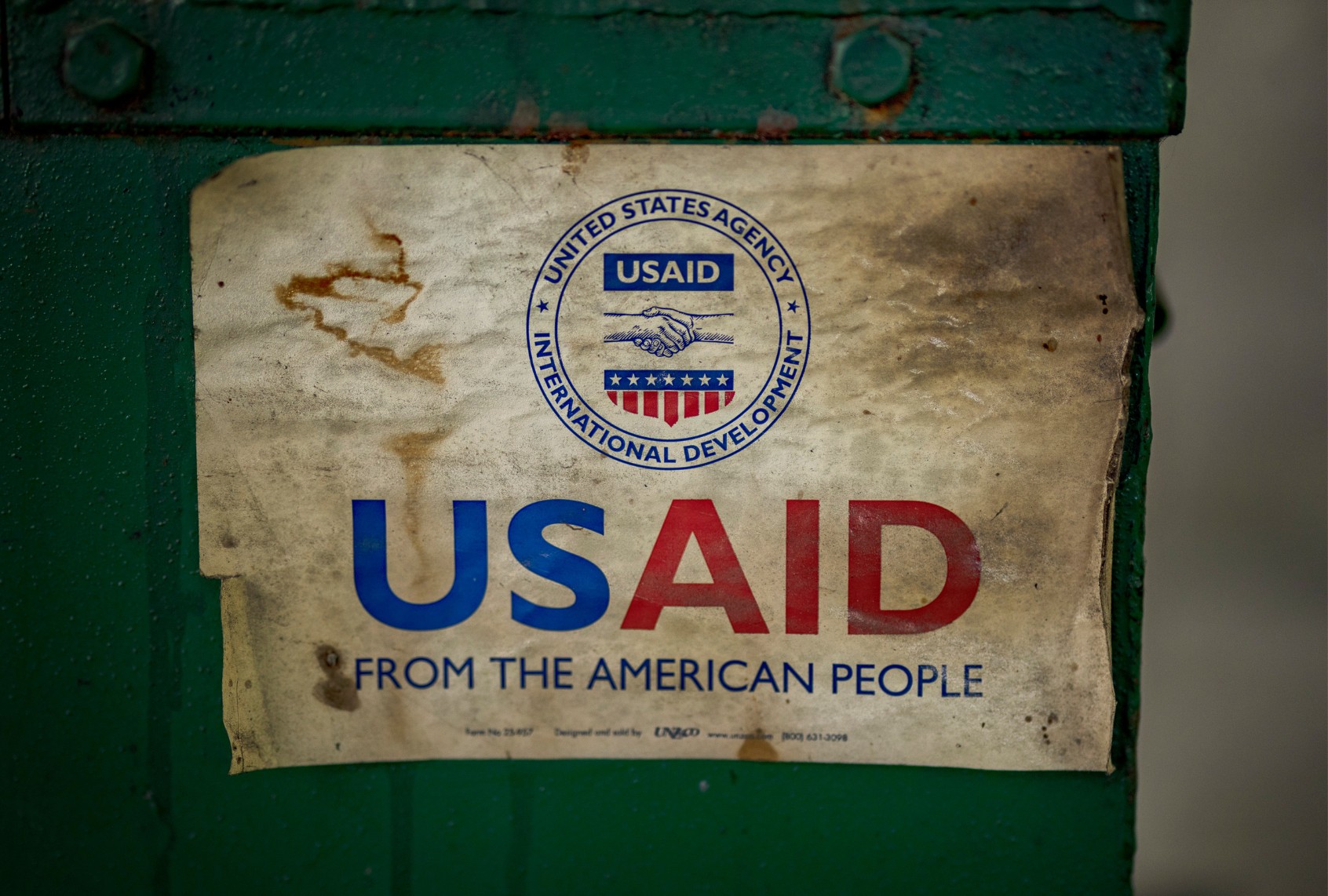The Trump administration’s significant reductions to global health programs, particularly through the United States Agency for International Development (USAID), have raised serious concerns about the humanitarian impact of these decisions. Critics argue that these cuts undermine decades of progress in combating diseases such as HIV/AIDS and malaria, while jeopardizing the lives of vulnerable populations worldwide.
Impact of USAID Cuts on Global Health
Under President Donald Trump’s leadership, USAID has faced unprecedented budget cuts that have severely diminished its capacity to provide essential health services. For instance, funding for HIV/AIDS programs in Zambia fell from approximately $147.7 million to $61.6 million in 2025, a staggering decrease of 85%. Experts warn that such drastic reductions threaten to reverse years of progress made in the fight against the disease.
Elizabeth Burleigh, an international health expert with nearly three decades of experience with USAID, noted that the decline in funding will likely lead to increased infection rates and mortality. “Despite population increase, AIDS-related deaths in Zambia dropped from 120,000 in 2001 to 19,000 in 2022,” she stated, emphasizing the devastating consequences of funding cuts on public health.
The Role of Soft Power in Diplomacy
The legacy of the Marshall Plan, an influential initiative led by General George C. Marshall after World War II, showcased the effectiveness of soft power in securing American interests abroad through diplomacy and aid. This approach was echoed by former Defense Secretary Jim Mattis, who highlighted the importance of fully funding the State Department to avoid military escalation.
In contrast, the Trump administration’s dismantling of USAID has been characterized as a move away from this diplomatic tradition, leading to the abandonment of crucial humanitarian missions. Critics argue that this shift not only weakens America’s global standing but also erodes the soft power that has historically helped to foster international cooperation.
The humanitarian consequences of these cuts are already becoming evident. Reports from reputable sources, including The New York Times and The Washington Post, detail the adverse effects on health programs that have traditionally relied on American support. For example, the reduction in malaria funding could reverse years of progress in reducing infection rates, which have dropped significantly since the U.S. began funding malaria control in 1996.
In addition, the Trump administration’s claims of wasteful spending have been called into question. While USAID has faced scrutiny for its bureaucracy, many argue that this was a necessary safeguard against fraud. As a top executive from one of USAID’s largest contractors explained, “Outside auditors were never not in our offices,” underscoring the rigorous oversight that existed.
Consequences for Vulnerable Populations
The humanitarian impact of these budget cuts extends beyond numbers and statistics. Millions of individuals depend on USAID for life-saving therapies, and the abrupt reduction in funding raises serious ethical concerns. For instance, if critical health services are discontinued, the most vulnerable populations—including children and pregnant women—will bear the brunt of these decisions.
Reports have emerged detailing how essential supplies, such as high-energy food bars intended for malnourished children, have been left stockpiled due to mismanagement and budget cuts. The failure to deliver these provisions reflects a broader pattern of neglect that could have dire consequences for those in need.
As the global health landscape continues to evolve, it remains crucial for the U.S. to uphold its commitments to international aid and public health initiatives. The long-term effects of these cuts could not only destabilize progress made in combating infectious diseases but also undermine the nation’s credibility and influence on the world stage.
In summary, the Trump administration’s approach to global health assistance raises pressing questions about the future of humanitarian aid and the moral responsibility of nations to support vulnerable populations. As funding cuts threaten lives and progress, the need for a reevaluation of priorities has never been more urgent.
